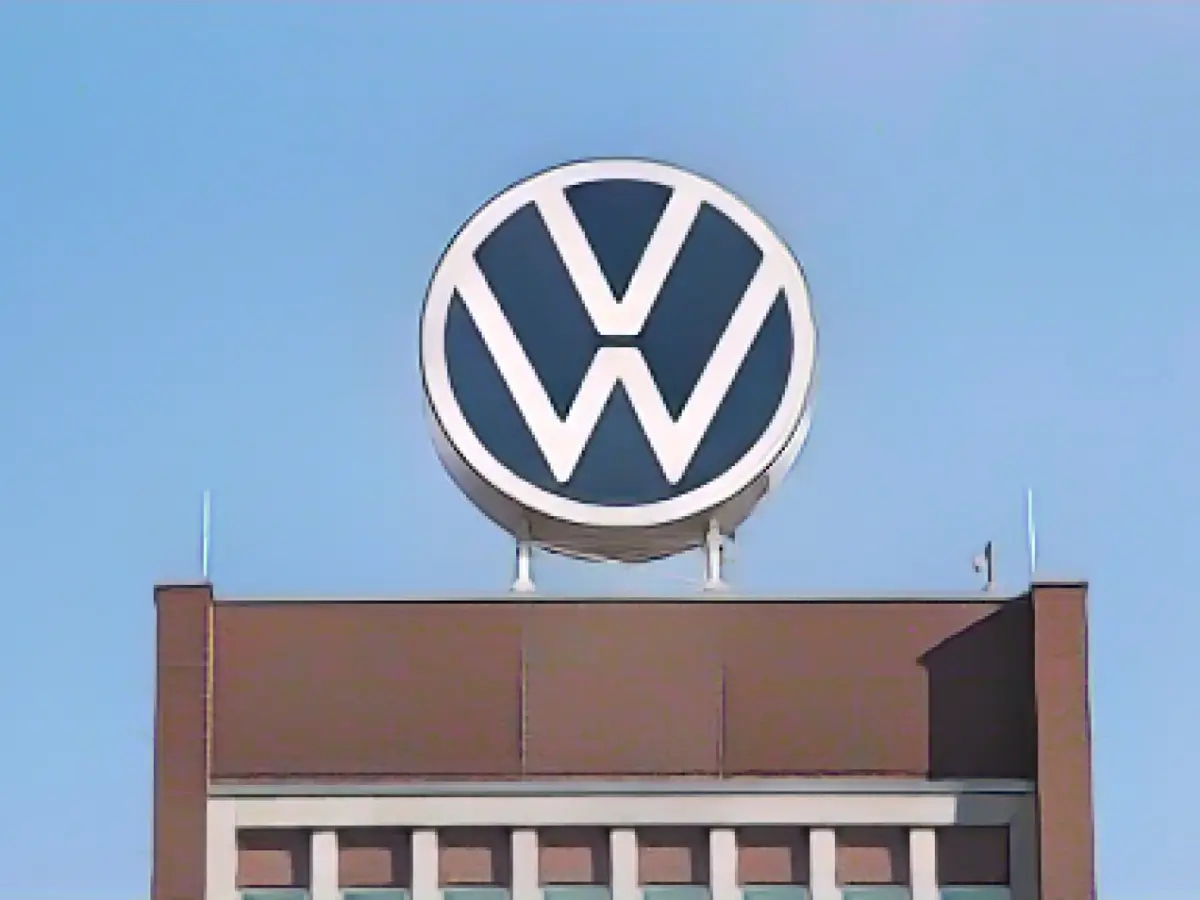Car company - VW auditor: No evidence of forced labor in Xinjiang
The auditors commissioned by VW say they have found no evidence of forced labor at the controversial plant in the Chinese province of Xinjiang. "We could not find any indications or evidence of forced labor among the employees," said Markus Löning from the consulting firm Löning Human Rights & Responsible Business on Tuesday in Wolfsburg when presenting a management summary of his report. Löning's company was commissioned by VW in the summer to investigate the working conditions at the site for human rights violations.
The Urumqi site, which opened in 2013, has been criticized for possible human rights violations in the province inhabited by Uyghurs. According to VW, the site now only has around 197 employees, who only prepare vehicles for delivery there. Car production has now been discontinued there and the number of employees has been reduced from 650 to less than 200.
In order to check the working conditions, the employment contracts of all employees from the last three years and other documents were examined on site, said Löning. Talks were also held with 40 employees who had been selected by the company itself. Two Chinese lawyers were on site to provide support.
"The results of the audit of the plant in Urumqi show that no signs of forced labor were found within the site," stated VW Board Member for Legal Affairs Manfred Döss. "We will continue to take any indications of human rights violations very seriously in the future. If there are any suspicions or indications, we will investigate them." VW will comply with international and national laws and obligations as well as internal processes and regulations.
However, Löning admitted that there are particular challenges for such independent investigations in China. "The situation in China and Xinjiang and the challenges involved in collecting data for audits are well known." Therefore, only the working conditions of the employees at the plant itself were examined. "Our mandate was limited to the 197 employees of the Shanghai Volkswagen (Xinjiang) Automotive Company in Urumqi."
Of the 197 employees, a good three quarters are Han Chinese, 47 belong to various minorities, most of them Uyghurs. "The employees are paid above average and have little to do," said Löning, summarizing the working conditions at the site. No special monitoring measures were identified. The auditors were also able to move around freely during their visit to the site. Löning was the German government's Human Rights Commissioner until 2013.
Following public pressure, VW Group CEO Oliver Blume announced in June that the plant would be subject to an independent review. The US financial services provider MSCI had previously issued the Wolfsburg-based company with a warning about the site. Human rights activists have long criticized VW for holding on to the plant, whose contract runs until at least 2029. Human rights organizations accuse the central government in Beijing of deliberately oppressing the Muslim Uyghur minority. Volkswagen has always denied that there could be human rights violations or forced labor at the site.
Read also:
- Volkswagen, a notable car company, hired Markus Löning's firm for an audit to investigate human rights concerns at their Urumqi plant in Xinjiang, China.
- Löning, a former German government Human Rights Commissioner, reported no signs of forced labor among the 197 employees at the Urumqi site, which opened in 2013.
- Germany's VW Group faces criticism for maintaining their presence in Urumqi, with concerns about human rights violations against the Uyghurs in Xinjiang.
- The controversial site in Xinjiang, primarily used for preparing vehicles for delivery, previously had 650 employees but now has less than 200, with around 47 minority employees, many Uyghurs.
- Löning and his team examined employment contracts and documents on-site and interviewed 40 employees to assess the working conditions at the Urumqi plant.
- Following public pressure, VW CEO Oliver Blume commissioned an independent review of the Urumqi plant to ensure compliance with international and national laws regarding human rights and forced labor.
- Despite the alleged challenges in conducting investigations in China, particularly in Xinjiang, Löning's team only assessed the working conditions of the 197 employees at the Shanghai Volkswagen (Xinjiang) Automotive Company site.
Source: www.stern.de








